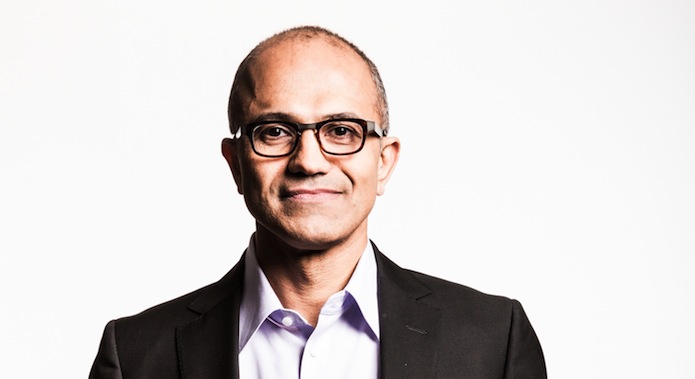Microsoft on Monday announced Satya Nadella as their new CEO, confirming rumours that had surfaced the previous week and bringing to a close a five month search. In the process Bill Gates will step down as Chairman but resume day-to-day duties at the firm he founded for the first time in six years. He will be a technology advisor.
The news I’m sure reached London but on its impact I could only speculate. Even those of us in the investment community (sample of one: myself) had to try hard to stifle a yawn. Should we care though?
Microsoftisation
Technology investors in the stock market are forced to care to a certain extent. Microsoft represents nearly 8% of the total capitalisation of tech stocks globally. It remains a mammoth $300 billion company and is unsurprisingly still associated closely with technology by many clients. They want to know what we think about the news they are reading (and sometimes what they should be buying in their pensions.)
Nevertheless, reluctance aside, there is the plain fact that Microsoft is one of the most successful companies of the last thirty years and whatever they are doing – innovating, protecting their legacy, thriving or surviving – could feasibly tell us a lot about the state of technology and its broad relationship to society. A meta bellwether if you will.
Switch to cloud
What of it? Nadella himself is touted as the architect of Microsoft’s cloud strategy, moving Office and other software online and creating what is known as the Azure platform, a sort of Amazon Web Services for large companies that have heard about this cloud business but how do I move my applications to the cloud without losing all my hair and getting fired by the CEO when payroll falls over and he doesn’t get his bonus? With Azure it is, reportedly, seamless.
This is part of a strong $40 billion commercial business, over half of total revenue.
So cloud is important. Maybe we knew that already.

Macro vs Micro
On the other side of the business, the change is just as profound but the internal picture less rosy. PCs are in secular decline and for all the money thrown at Surface and Nokia, Windows it seems has missed the opportunity to be the platform of choice in this new era of lightweight computing. It is hard to compete with free (Android) or good (iOS), especially when you are late.
We probably knew that too, of course.
There is still a lesson though. The Japanese management term kaizen means continuous improvement but can be thought of as continuous innovation, including the willingness to disrupt one’s own core business. It is a cornerstone of the Toyota corporation for example and is a process that led them to develop the Prius hybrid whilst Ford worried about 8-litre pick-up trucks.
It is a lesson that may seem remote from Tech City, but in time those that are successful will face their own disruption (goodness knows, the speed at which business develops today it can happen before you have got to market). Flexibility, agility, experimentation and bravery are key (all enabled by the cloud, coincidentally).
Still playing catch up
Microsoft never did this. They built their de-facto monopoly and now they are on the defense in all areas of their business.
It is unsurprising that they are still playing catch-up in search, social media, mobile and cloud when they have a $30 billion annual cash cow that, actually, is still growing. The issue is that the cow has a heart problem and they did not get into quinoa growing early enough.
To mix metaphors for a moment, the cow is fatted and the prodigal son has returned, but is it time to party? Is Bill Gates the man you want as technology advisor to get you one step ahead of the next trend?

